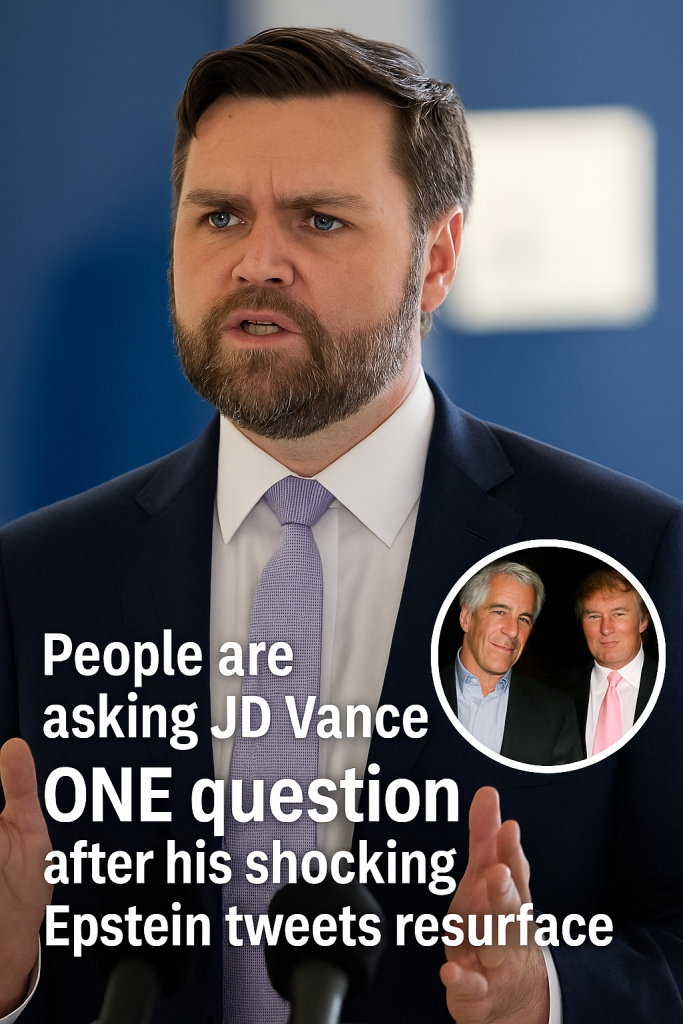Senate candidate JD Vance finds himself under intense scrutiny as a series of his past tweets regarding Jeffrey Epstein have resurfaced, sparking widespread debate and raising questions about his suitability for public office in the 2024 election cycle.
The tweets, originally posted years ago but only gaining renewed attention recently, contain remarks about Epstein that many critics have labeled as shocking and inappropriate. Social media users and political opponents alike have seized upon these comments, framing them as evidence that Vance’s judgment and character warrant close examination.
Context and Content of the Tweets
The tweets in question allegedly make light of or express controversial opinions on Epstein’s criminal activities and the high-profile nature of his case. While the exact wording varies, the essential shock value comes from the apparent flippancy toward a subject still raw in the public consciousness. Such remarks from a political figure actively seeking office have raised eyebrows across the political spectrum.
One prominent social media reaction summed up the public sentiment: “This didn’t age well,” alongside images of Vance and people questioning his stance.
Public and Political Response
Following the resurgence of these tweets, constituents and opponents have not held back. Many are demanding explanations, questioning whether these past comments reflect his true views or political opportunism. Political analysts suggest that this controversy could be a significant hurdle for Vance’s campaign, particularly in an election year already heavy with charged discourse and character assessments.
Supporters, however, argue that the tweets are being unfairly used out of context and are minor compared to other pressing issues. They emphasize Vance’s policy positions and campaign promises, hoping to steer the narrative back to substantive political discussion.
Impact on the 2024 Senate Race
JD Vance’s 2024 Senate campaign was already navigating a competitive landscape, but the Epstein tweet controversy adds a complex layer. With voters increasingly vigilant about personal conduct and historical statements by candidates, the attention on these resurgent tweets could influence undecided voters or activate opposition turnout.
It remains to be seen how Vance and his team will address this challenge moving forward, whether through public apologies, clarifications, or refocusing on policy issues. However, the controversy underscores the enduring power of social media footprints in shaping political narratives long after the posts were first made.
Broader Reflections on Political Accountability
This incident serves as a reminder of the lasting impact digital commentary can have on political careers. As candidates for office remain under microscopic public scrutiny, the boundaries between personal expressions, past remarks, and public accountability blur. The Epstein tweets controversy surrounding JD Vance exemplifies how rapidly social media content can transform into pivotal campaign issues.
With the 2024 election approaching, voters will no doubt watch closely how this situation unfolds and what it reveals about the values and judgment of those seeking their trust and votes.



